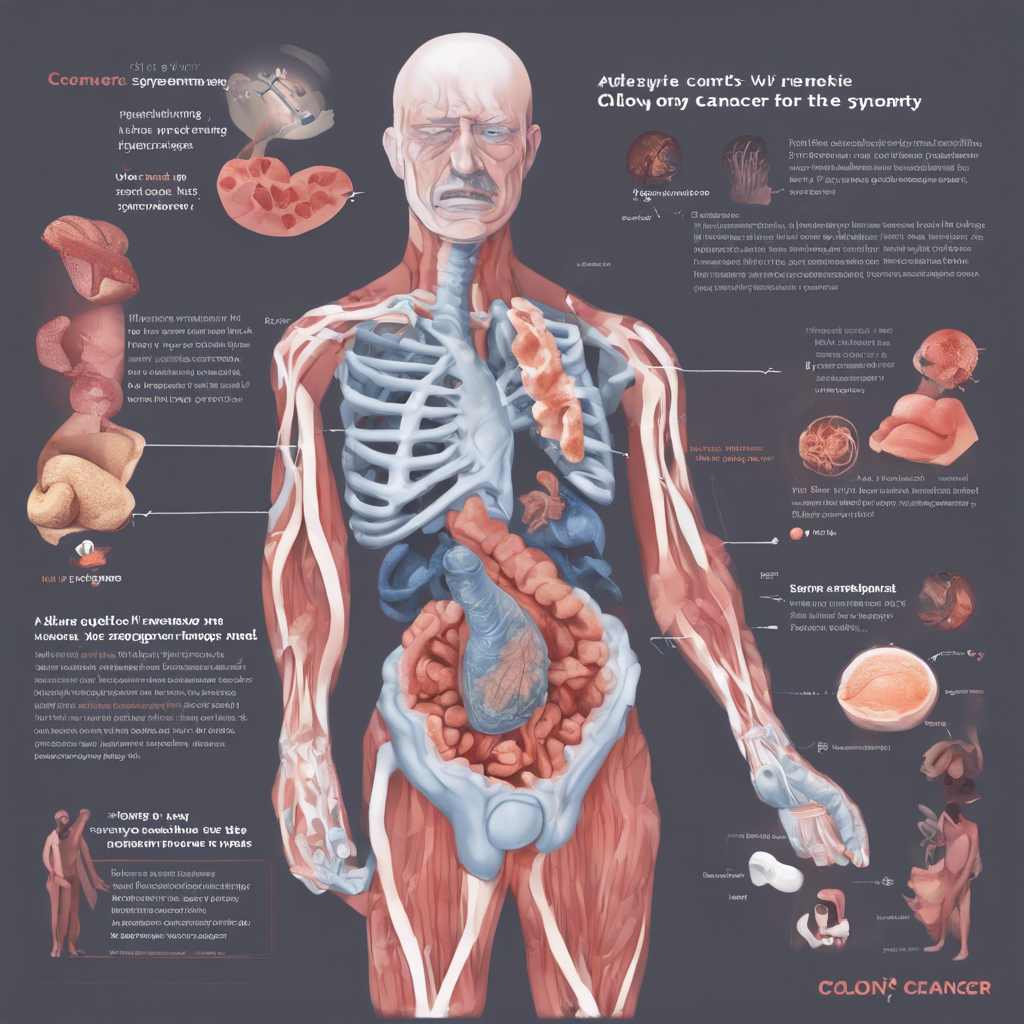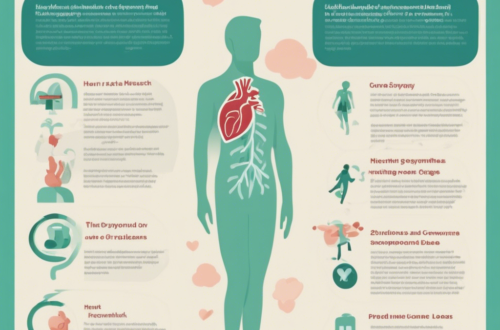Overview of Colon Cancer Symptoms
Early Signs of Colorectal Cancer
When it comes to colorectal cancer, it is crucial to be familiar with the early signs and symptoms. Pay attention to changes in bowel habits such as constipation or diarrhea that lasts for more than a few days, as well as difficulty emptying the bowels completely and discomfort during bowel movements. Other potential symptoms include narrow stools, unexplained weight loss, and the presence of blood in the stool. If you experience any of these symptoms, especially if you are over the age of 50, it’s important to consult with your doctor for further evaluation and screening tests.
Understanding Colorectal Carcinoma
Colorectal carcinoma, or colorectal cancer, refers to cancer that develops in the large intestine or rectum. The gastrointestinal system consists of various parts, including the ascending colon, transverse colon, descending colon, sigmoid colon, and rectum. Colorectal cancer can affect any of these areas. Risk factors for colon cancer include older age, a history of inflammatory bowel disease, a family history of colorectal cancer, and certain genetic causes. Lifestyle factors such as diet, exercise, alcohol consumption, and tobacco use can also contribute to an increased risk. By understanding the signs, symptoms, and risk factors associated with colorectal carcinoma, you can take proactive steps to maintain your health and seek early detection and treatment if necessary.
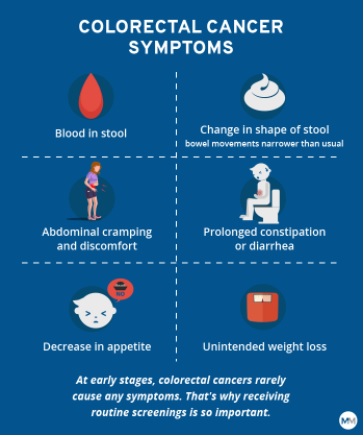 Source: hocofnj.com
Source: hocofnj.comRisk Factors of Colon Cancer
Genetic and Family History
It is important to note that approximately 5% of colon cancer cases are attributed to genetic causes such as family adenomatous polyposis and Lynch syndrome. Individuals with a family history of colorectal cancer or colorectal polyps also have an increased risk of developing the disease. If you have a close relative who has been diagnosed with colon cancer, it is recommended to consult with your doctor about genetic testing and screening options.
Lifestyle Factors
Certain lifestyle factors can contribute to an increased risk of colon cancer. A low-fiber and high-fat diet, as well as a lack of fruits and vegetables in your diet, can play a role in the development of the disease. Additionally, a sedentary lifestyle with little to no regular physical exercise, along with alcohol consumption and tobacco use, can also increase the risk. It is important to maintain a healthy lifestyle and make positive choices to reduce your risk of colon cancer.

Recognizing Symptoms
Changes in Bowel Habits
One of the common symptoms of colon cancer is a change in bowel habits. This can include constipation or diarrhea that lasts for more than a few days. You may also have difficulty emptying your bowels completely, or experience discomfort during bowel movements. While these symptoms can be indicative of other less serious problems, they should not be ignored, especially if you are over the age of 50.
Abdominal Pain and Discomfort
Pain in the rectum or abdominal area can be a sign of colon cancer. You may also experience gas pains, stomach cramps, and feel bloated or full all the time, even if you haven’t eaten recently. Abdominal pain in colon cancer can be due to a partial or complete obstruction of the bowel or the invasion of the cancer into the peritoneum. If you are experiencing any of these symptoms, it is important to see your doctor for further evaluation.
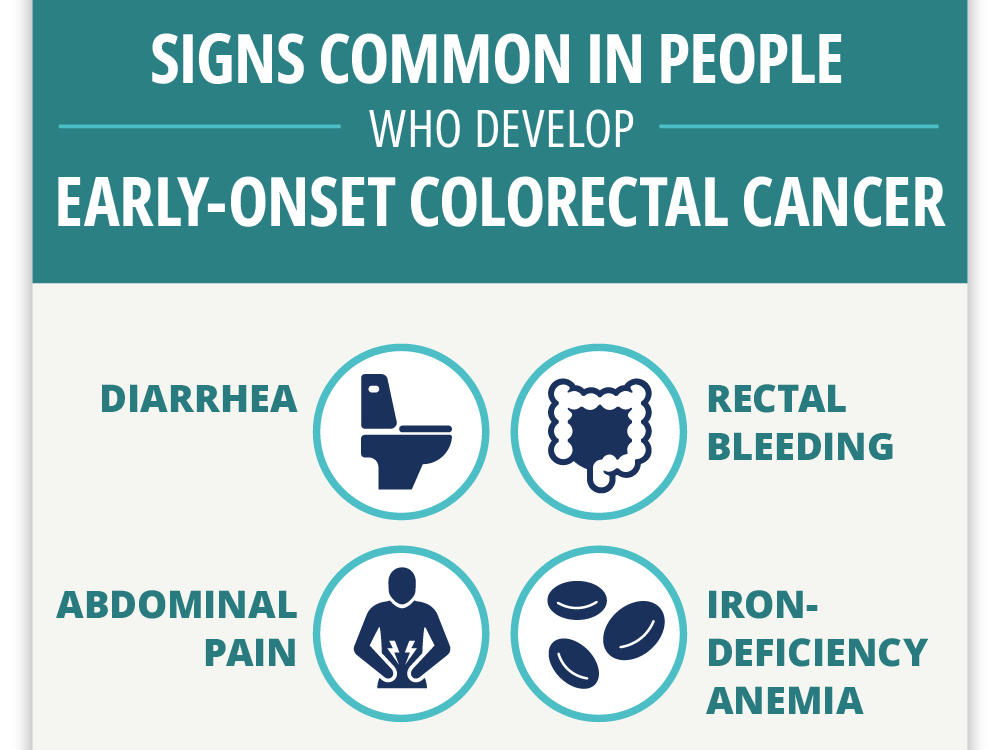
Blood in Stool
Connection to Colon Cancer
Another important symptom of colon cancer is the presence of blood in stool. This can manifest as bright red blood or stools that appear dark brown or black. While blood in the stool can also be associated with other health problems, it is essential to take it seriously as it is one of the early warning signs of colorectal cancer. If you notice blood in your stool, it’s important to seek medical attention immediately to rule out any serious conditions.
Seeking Medical Attention
If you are experiencing any of the symptoms mentioned, including changes in bowel habits, abdominal pain, or the presence of blood in your stool, it is crucial to consult with your doctor. Early detection of colon cancer significantly improves the chances of successful treatment and recovery. Your doctor can perform screening tests and evaluate your symptoms to determine the next steps for diagnosis and treatment. Remember, it is always better to be proactive when it comes to your health.

Other Symptoms to Watch For
Unexplained Anemia
In addition to changes in bowel habits, abdominal pain, and blood in the stool, there are other symptoms that you should be aware of when it comes to colon cancer. One such symptom is unexplained anemia, which is a result of chronic blood loss from the cancer. If you find yourself feeling tired, weak, or experiencing fatigue without a clear reason, it’s important to discuss these symptoms with your doctor.
Abdominal Mass and Bloating
Another potential sign of colon cancer is the presence of a swollen abdominal mass, particularly in the right lower quadrant of the abdomen. This can sometimes be felt by the patient themselves. Additionally, if you are consistently experiencing bloating or feeling full, even when you haven’t eaten recently, it could be a symptom of colon cancer. These symptoms should not be ignored and should prompt a visit to your doctor for further evaluation.
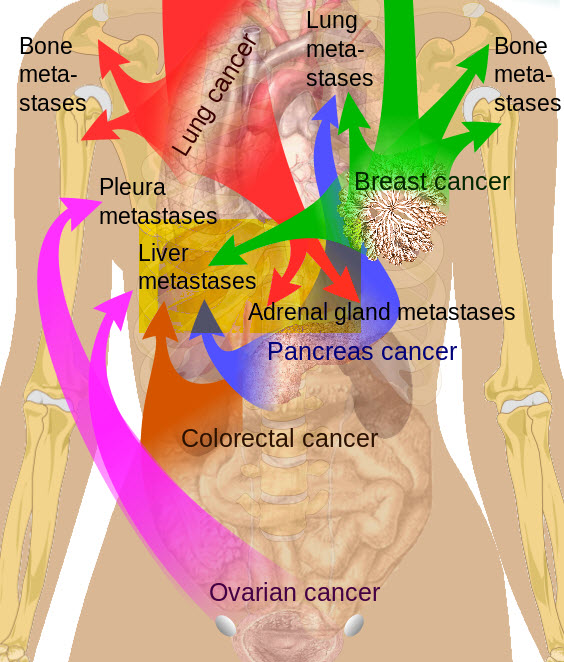
Signs of Advanced Disease
Metastasis to Liver and Lungs
In advanced stages of colon cancer, the cancer cells can spread beyond the colon and rectum to other parts of the body. One common site of metastasis is the liver, where the cancer cells may form new tumors. Metastasis to the lungs is also possible. These metastases can cause symptoms such as jaundice, abdominal pain, and shortness of breath. If you experience these symptoms, it is crucial to seek medical attention for further evaluation and treatment options.
Recognition of Lymph Node Issues
Lymph nodes play a vital role in the body’s immune system and are often the first place where cancer cells spread. In advanced colon cancer, the lymph nodes in the abdominal area may become enlarged or hard. This can be detected during a physical examination by your doctor. If lymph node involvement is suspected, further tests such as imaging or a biopsy may be recommended to determine the extent of the disease and guide treatment decisions.
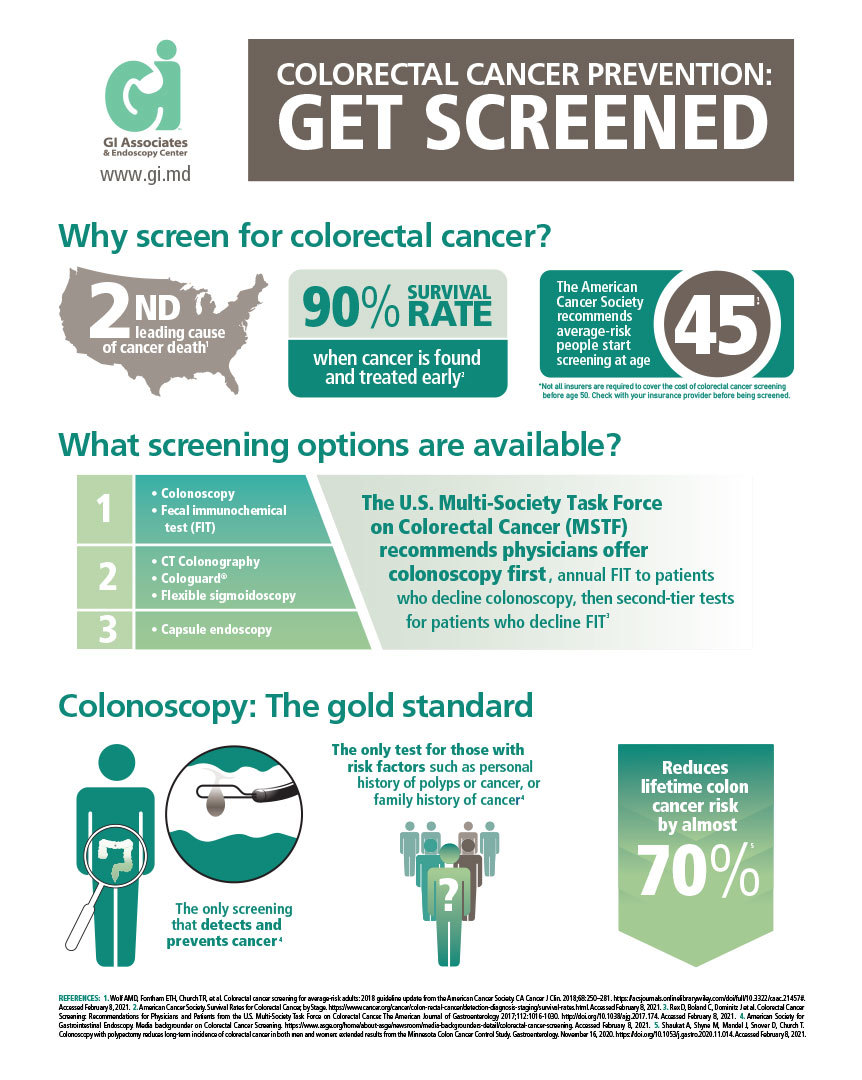
Importance of Early Detection
Screening and Prevention
Early detection of colon cancer through regular screenings is crucial in improving outcomes. Screening tests such as colonoscopies can help detect polyps or abnormal growths in the colon before they become cancerous. By removing these pre-cancerous polyps, the risk of developing colon cancer decreases significantly. Additionally, screening allows for the early detection of cancerous cells, increasing the chances of successful treatment and higher survival rates.
Treatment of Pre-Cancerous Polyps
When pre-cancerous polyps are identified during screening, they can be removed through various procedures, such as polypectomy or endoscopic mucosal resection. Removing these polyps helps prevent them from progressing into invasive cancer. This early intervention not only reduces the risk of developing colon cancer but also eliminates the need for more aggressive treatments like surgery or chemotherapy. Regular screening and prompt treatment of pre-cancerous polyps are key in preventing the progression of colon cancer.
